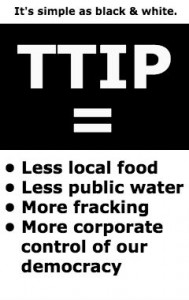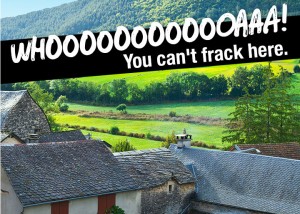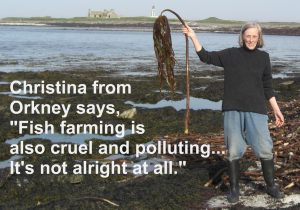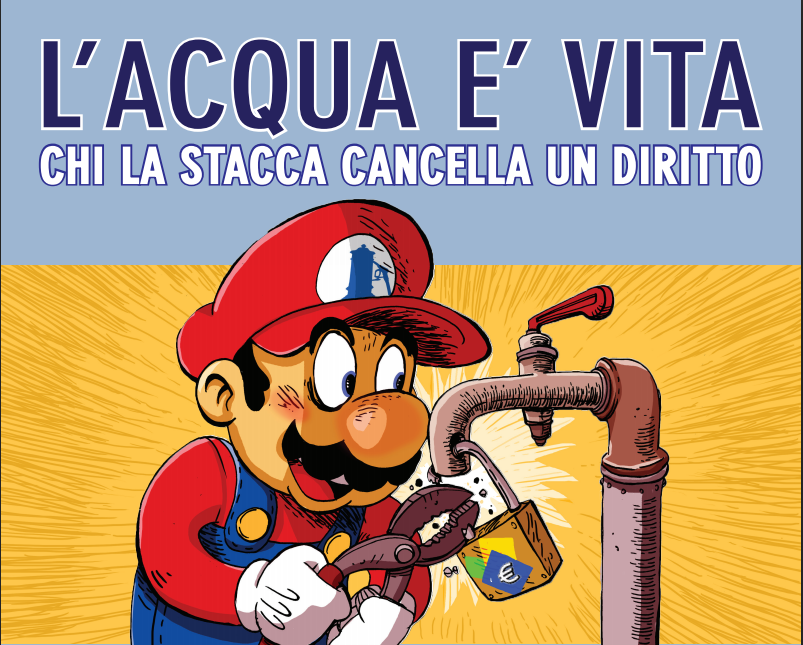 When negotiating major trade agreements, the European Commission seeks formal input about the impact of these agreements on the economy, human rights and the environment. It does so by commissioning a Sustainability Impact Assessment. For the ongoing negotiations about the EU-US trade deal, the Transatlantic Trade and Investment Partnership (TTIP), they entrusted Ecorys with this task. The consulting company just recently published its draft Interim Technical Report on the Sustainability Impact Assessment (SIA).
When negotiating major trade agreements, the European Commission seeks formal input about the impact of these agreements on the economy, human rights and the environment. It does so by commissioning a Sustainability Impact Assessment. For the ongoing negotiations about the EU-US trade deal, the Transatlantic Trade and Investment Partnership (TTIP), they entrusted Ecorys with this task. The consulting company just recently published its draft Interim Technical Report on the Sustainability Impact Assessment (SIA).
We had a closer look at this report and there are several things in it that we are quite concerned about.



 Some folks might still think that the people can’t really change politics or don’t really have an impact on the decisions of politicians and companies. I don’t! Not because it is easy to work for a change but because it is hard. Not because I like to negate the reality of the political and economical interlinkage but because I know that the people always have the ultimate power … if they were only willing to exercise their power more frequently.
Some folks might still think that the people can’t really change politics or don’t really have an impact on the decisions of politicians and companies. I don’t! Not because it is easy to work for a change but because it is hard. Not because I like to negate the reality of the political and economical interlinkage but because I know that the people always have the ultimate power … if they were only willing to exercise their power more frequently.
 UK Government silliness just took a big hit. Thank goodness.
UK Government silliness just took a big hit. Thank goodness.
